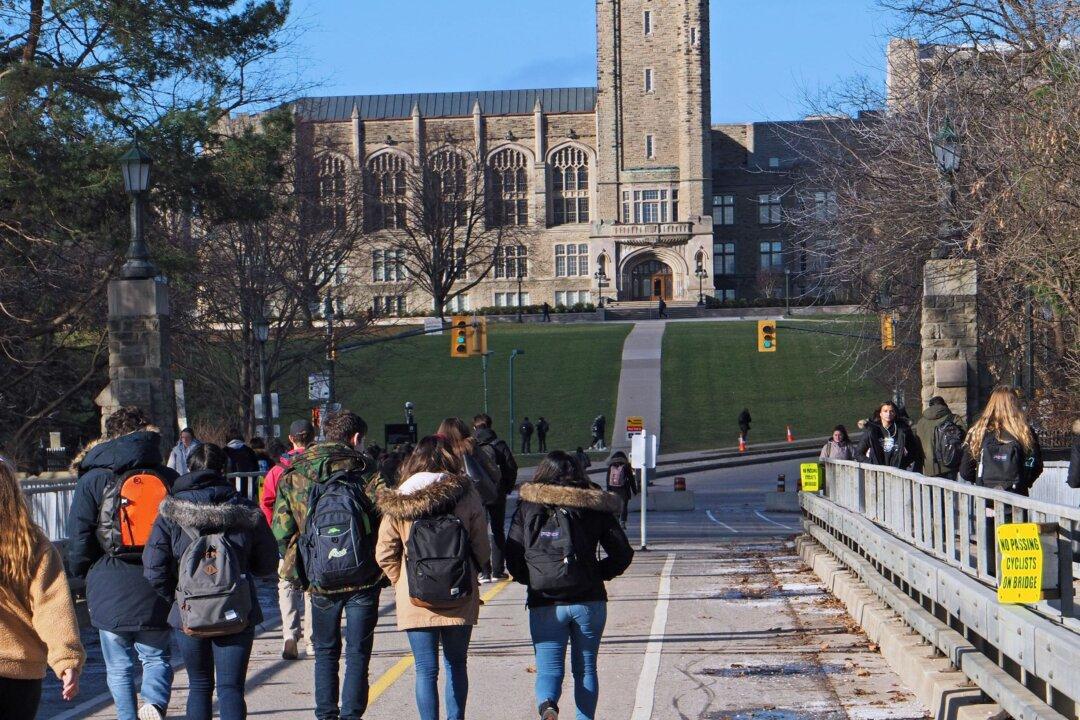Federal Housing Minister Sean Fraser says the government is willing to consider imposing a cap on the number of international students allowed into the country to address a housing shortage and rising rent.
The minister made the comment while answering media questions in Charlottetown, Prince Edward Island, on Aug. 21 during a three-day meeting of the federal cabinet.





